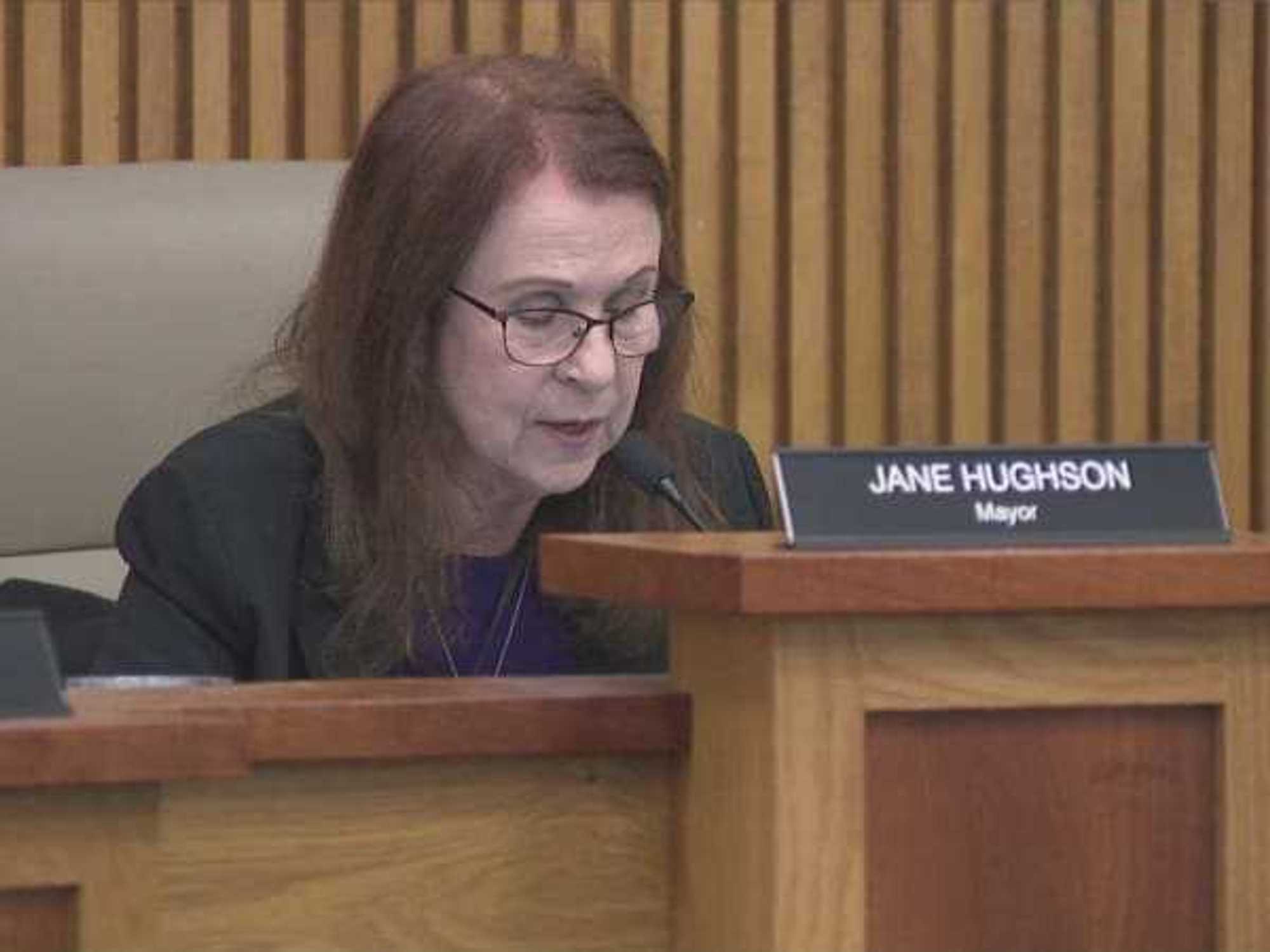Culture of Giving
I am because we are: A bond between Austin and Kenya at CTC International
Feb 19, 2012 | 3:13 pm
- Students in Kenya who attend school in a CTC classroom.
 Zane Wilemon
Zane Wilemon CTC GardenPhoto by Chandler Wieberg
CTC GardenPhoto by Chandler Wieberg- CTC GardenPhoto by Chandler Wieberg
 CTC GardenPhoto by Chandler Wieberg
CTC GardenPhoto by Chandler Wieberg
In 2000, Zane Wilemon bought a one-way ticket to Kenya. The recent University of Kansas graduate spent the next year working at Kijabe Hospital as a medical aide, coordinating the outreach program at Rift Valley Academy, and teaching high school French. In Kenya, Wilemon also visited the town of Maai Mahiu, where he experienced a level of poverty and desperation that he had never known.
He was struck by the way so many of the devastating problems he saw there were interconnected. "Deforestation leads to poor water supply. Poor water supply leads to economic deficiency. Economic deficiency leads to lack of healthcare and education…and the cycle continues. We could not address one area of need adequately without addressing all areas equally."
Wilemon became fast friends with Jeremiah Kuria, a local pastor and director of the Maai Mahiu Children's Home. The two worked together to address the needs with holistic community development, even after returning to the U.S. where both men completed their master's degrees. Their friendship and mutual dedication to Maai Mahiu developed into Comfort the Children (CTC) International, a nonprofit organization that helps Kenyans build and manage sustainable infrastructure to improve their lives.
"It speaks to the interconnectedness of all humanity and our interdependence on one another as a global community."
"Once we noticed the nature of this vicious cycle we recognized that the solutions start with behavior change combined with implementation of sustainable programs," Wilemon explains. "Once started, these programs really work symbiotically; they feed and nurture each other so there really is no priority." After operating out of Wilemon's garage in Austin, CTC made a big move into its beautiful new home in East Austin — where Wilemon, Kuria and their team want to connect the Austin community as well.
CTC embraces the philosophy of ubuntu — a Bantu word that means, "I am because we are," Wilemon explains. "It speaks to the interconnectedness of all humanity and our interdependence on one another as a global community."
After moving into the gorgeous, eclectic space that was the original home to Big Red Sun in April 2011, CTC has focused on involving the local community through events, yoga, communal gathering and garden space and the on-site food trailer, Cazamance Cafe, which serves up organic, African-inspired cuisine. Jessie Riley, who launched the Generosity Yoga program at CTC, hopes it will both bring the opportunity to practice yoga to more Austinites, as well as the opportunity for yoga instructors to have a place to each.
"It can be difficult in Austin to get the opportunity to teach yoga," Riley says. "The market is saturated with fresh yoga teachers eager to teach. The CTC Garden space is nothing less than a gift to this city."
CTC Garden is open to the public Monday through Friday from 9 a.m. to 5 p.m., where anyone is invited to lounge, read, meet with friends or take a by-donation yoga class through Community Yoga Austin. All of CTC's income-generating projects help make the nonprofit work financially self-sustaining. "Having these costs covered ensures that our donor funding goes directly toward our programs and development in Kenya," says Nancy Rosenthal, CTC Garden Co-Manager.
The CTC Garden is peaceful and inviting. "I like the space because it’s a secret Zen garden just off the hustle bustle of Caesar Chavez," says Austinite Katie Ford, who attended a Slideluck Potshow event there on February 4. "It’s roomy enough to accommodate an eclectic crowd, but small enough to still feel like a cozy private garden party. There was an above-ground fire pit off to the side and people were cooking smores. It was a grand ole time." CTC Garden is available as a rental space for such private events as this, including corporate events and weddings.
Another example of the Austin/Kenya connection is the recent partnership between CTC and Whole Foods Market/Whole Planet Foundation. Whole Planet Foundation led a team with CTC to Kenya last summer, which led to the CTC L.I.F.E. Line Products being sold in Whole Foods Markets across the country. "These organic, reusable products are handmade in Maai Mahiu by a group of women called Malaika Mums—each of whom has a child with special needs," Rosenthal says. "The sale of L.I.F.E. Line products provides an opportunity for these women to earn an income for their families, as well as support an education for their children."
Today, CTC employs more than 50 Kenyans and serves the 40,000 residents of Maai Mahiu in the Rift Valley through programs in five specific areas — education, environment, economy, health and community — CTC works to promote fundamental human rights and create sustainable change. "The holistic 5 prong approach combats the vicious cycle of poverty by empowering lives through the creation of a new cycle of positive impact," Wilemon says.


